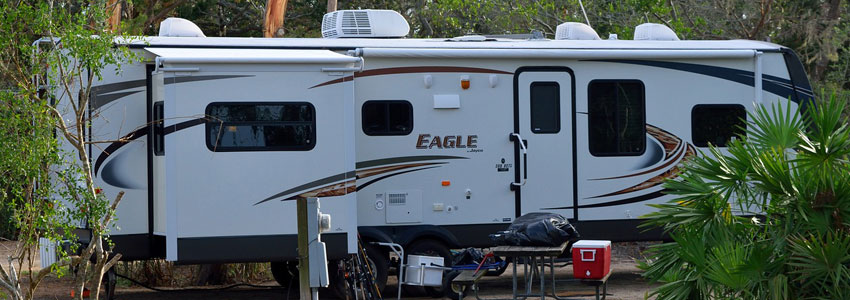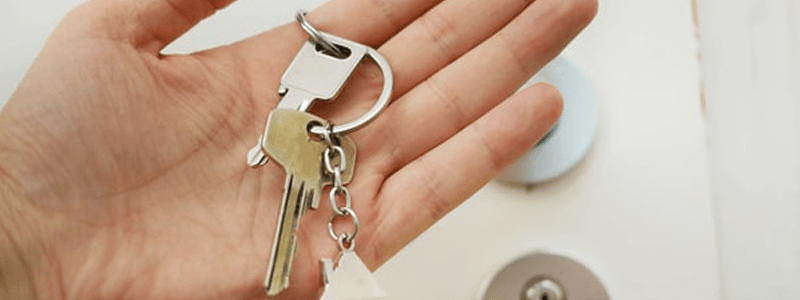1. What Mortgage can I get?
The type of mortgages available to you depends on your personal circumstances and how much you want to repay. For example, are you buying a property to live in yourself, or to let out? Do you want to repay just the interest or also the capital?
Mortgage types include: repayment mortgages, fixed rate mortgages, variable rate mortgages, buy to let mortgages, tracker mortgages to name just a few. Visit Propillo now for an informative guide about the different types of mortgages available.
2. How does Mortgage Interest work?
When you take out a mortgage, you’ll have to pay back interest on top of the amount you borrowed. The higher the interest rate is, the more interest you have to repay, and the bigger your monthly payments will be.
You can get the best interest rates by putting down a larger mortgage deposit so for example, the interest rate on a mortgage with a 10% deposit will be significantly higher than the interest rate of a mortgage with a 40% deposit.
3. Should I use a Mortgage Broker?
Mortgage brokers offer independent advice and can help you find the best deals at the best price. They have the expertise to find the best mortgage for your personal requirements for example, mortgages for bad credit, mortgages for the self employed and other specific personal requirements.
Visit Propillo for free online mortgage advice and also read a series of up to date mortgage guides.
4. Are Mortgage Payments Tax deductible?
If you rent out your property, then the interest part of the payments are tax deductible. If you live in the property yourself, then none of the mortgage payments are tax deductible.
5. What happens when a Mortgage is paid off?
When the final payment has been made, you will own your property outright and you will receive confirmation of this in writing from your lender. If you decide to sell your property, all the proceeds from the sale will be yours to keep. Hurrah!
6. Who are Mortgage Underwriters?
Underwriters are the decision-makers who work directly for the lenders. They make the decision whether to approve or decline your mortgage application.
7. What should I do if my application is declined?
Each lender has its own criteria, so if a mortgage application is declined by a lender, that does not necessarily mean that it will be declined by all lenders. Try to find out why your application was declined. If it was for bad credit rating, then take steps to improve your credit rating before making the next application.
If you have any other questions about mortgages, you can find a wealth of information in this range of guides. There are also handy mortgage calculators to help you work out how much you can borrow, to compare mortgage rates and to work out how much a mortgage will cost you.




